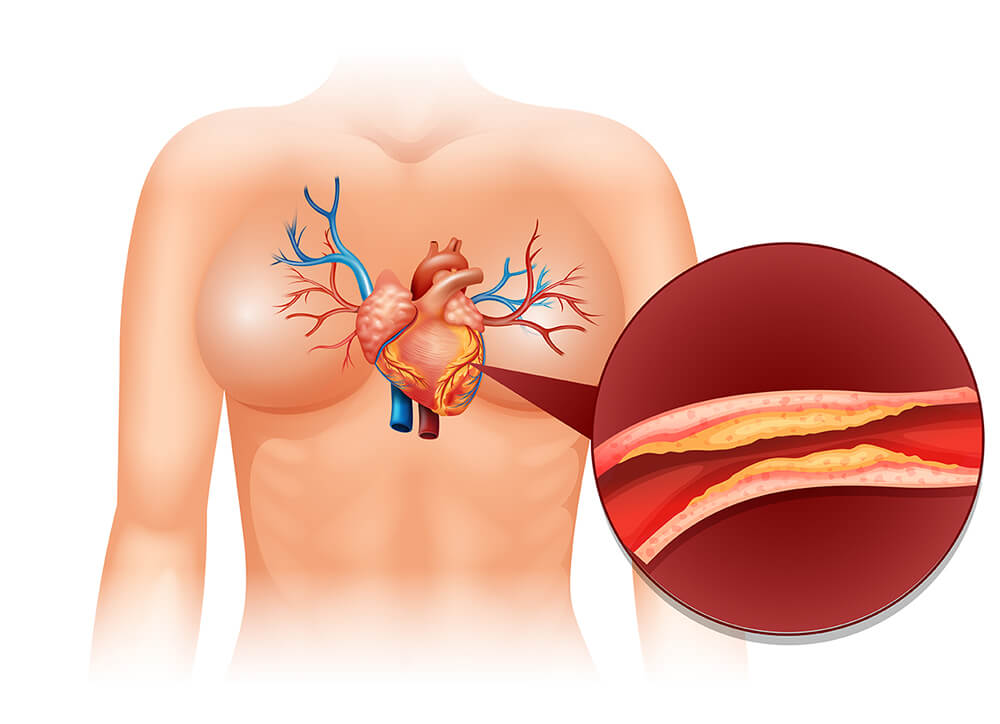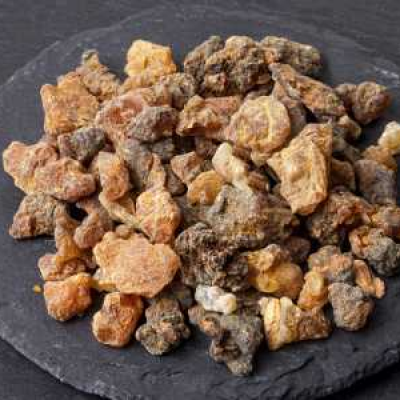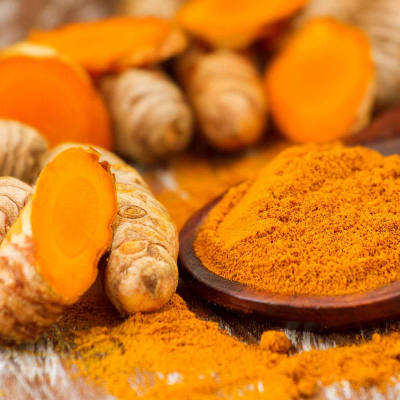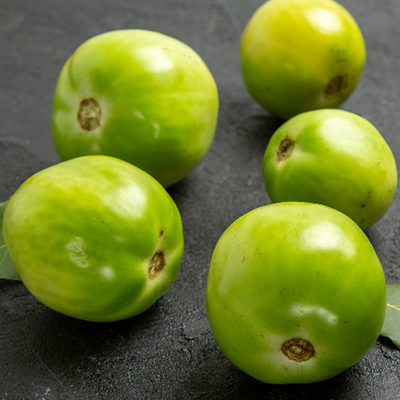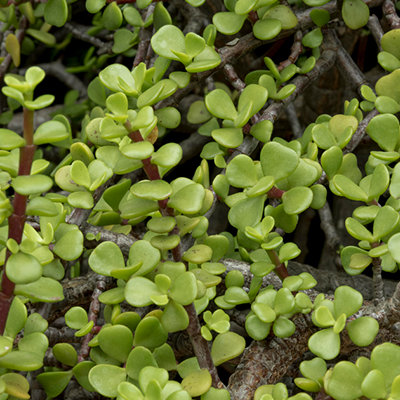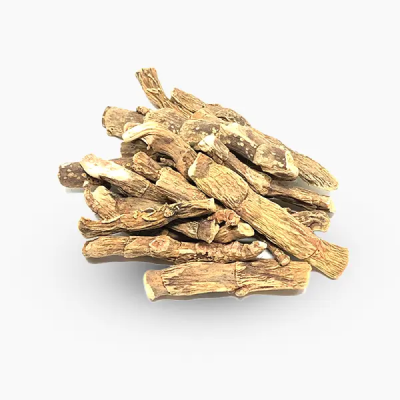Takayasu Arteritis is a rare, chronic inflammatory disease affecting the large blood vessels, particularly the aorta (the main artery that carries blood from the heart) and its branches. It is also known as "pulseless disease" because it can lead to a weakening or loss of pulse in the limbs. This condition primarily affects women, often under 40 years of age.
Causes of Takayasu Arteritis
The exact cause of Takayasu Arteritis is unknown. It is thought to involve an autoimmune mechanism, where the body's immune system mistakenly attacks the blood vessels. Possible triggers include:
- Genetic Factors: Family history may play a role.
- Infections: Some infections may initiate or aggravate the immune response.
- Environmental Factors: Exposure to certain toxins or triggers may contribute.
Stages of Takayasu Arteritis
Takayasu Arteritis progresses in two main stages:
Inflammatory Phase
- Active inflammation in blood vessel walls.
- Non-specific symptoms like fever, fatigue, and joint pain.
Pulseless Phase
- Chronic narrowing or blockage of arteries due to scarring.
- Symptoms related to reduced blood flow to organs and limbs.
Signs and Symptoms
General Symptoms (due to systemic inflammation)
- Fatigue, weight loss, fever.
- Night sweats.
- Muscle or joint pain.
Vascular Symptoms (due to blood flow restriction)
- Weak or absent pulse in limbs.
- Differences in blood pressure between arms.
- Cold or numb hands and feet.
- Dizziness, headaches, or fainting (due to restricted blood flow to the brain).
- Chest pain, shortness of breath (if heart or lungs are affected).
- Hypertension (due to narrowed arteries in the kidneys).
Diagnosis
Physical Examination
- Checking for weak or absent pulses.
- Measuring blood pressure in both arms.
Blood Tests
- Inflammatory markers like ESR (Erythrocyte Sedimentation Rate) and CRP (C - reactive protein).
- Anaemia or elevated white blood cell count.
Imaging Studies
- MRI or CT Angiography: To visualize narrowing or blockages in blood vessels.
- Ultrasound: To detect inflammation in arteries.
- PET scan: To assess active inflammation.
Biopsy (rarely performed): Confirms inflammation in the vessel wall.
Ayurvedic Perspective
In Ayurveda, Takayasu Arteritis can be correlated to Rakta Vaha Srotas Dushti (disorder of the blood channels) or Vata-Pitta Pradhana Tridosha Vyadhi (disease caused by the aggravation of Vata and Pitta doshas). The chronic inflammation and vessel narrowing are attributed to imbalances in Agni (digestive/metabolic fire) and Ama (toxins).
Treatment Principles
Balance Doshas
- Reduce Vata and Pitta aggravation.
- Support Kapha to stabilize tissues.
Purify the Body
- Panchakarma Therapies (Detoxification): Virechana (purgation) and Rakta Mokshana (bloodletting).
Strengthen and Rejuvenate
- Use Rasayana (rejuvenating) herbs to repair and nourish tissues.
Dietary Recommendations
- Follow a Pitta-pacifying diet: Avoid spicy, fried, and acidic foods.
- Include cooling, anti-inflammatory foods like coconut water, cucumbers, and green leafy vegetables.
Lifestyle Modifications
- Stress management with Yoga and Pranayama (e.g., Anulom Vilom).
- Adequate rest and regular light exercise to maintain circulation.
Herbal Remedies
Ashwagandha (Withania somnifera)
Reduces inflammation and supports immunity.
Guggulu (Commiphora mukul)
Anti-inflammatory and lipid-lowering.
Turmeric (Curcuma longa)
Contains curcumin with potent anti-inflammatory properties.
Amalaki (Emblica officinalis)
Antioxidant and rejuvenative.
Brahmi (Bacopa monnieri)
Enhances blood circulation.
Kanchanar Guggulu
Effective in Kapha-related growths and helps manage tumours.
Medicated Oils for External Application
Abhyanga (oil massage) with anti-inflammatory oils like Maha Narayana Taila.
In severe cases, modern medical treatment like corticosteroids, immuno-suppressants, or angioplasty may be necessary. Ayurveda can complement these by reducing side effects, promoting overall well-being, and preventing disease progression. Always consult with an Ayurvedic practitioner for personalized treatment.


